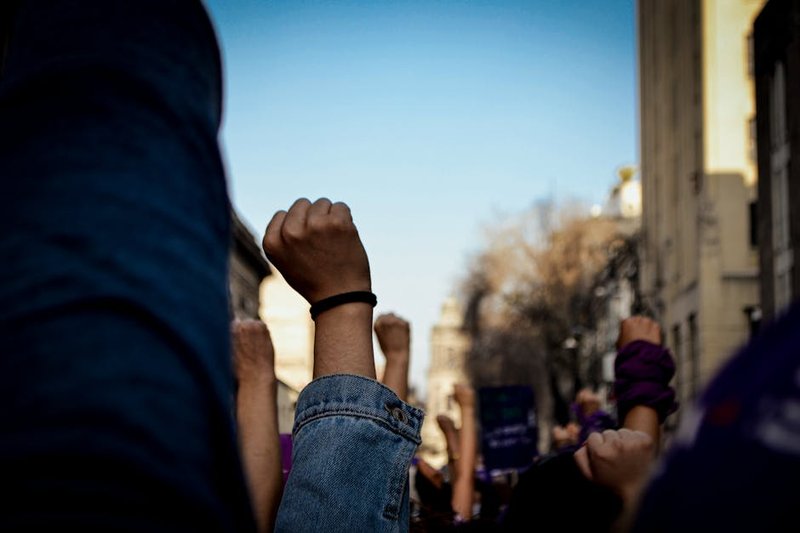In what’s becoming a concerning pattern for digital privacy, the Pentagon recently issued a department-wide warning about potential security vulnerabilities in the Signal messaging app. As your health tech correspondent, I want to break down what happened and what it might mean for your personal data security.
Just days after a high-profile security incident where top national security officials accidentally included a reporter in a Signal chat discussing sensitive military operations, the Pentagon sent out an advisory against using the app even for unclassified information. This raises important questions about the tools we rely on for private communications.
Understanding the Signal Security Incident
According to documents obtained by NPR, a March 18 Pentagon-wide memo warned that “Russian professional hacking groups are employing the linked devices features to spy on encrypted conversations.” This came after Defense Secretary Pete Hegseth and other security officials inadvertently added The Atlantic’s editor-in-chief Jeffrey Goldberg to a Signal group discussing bombing operations.
Signal, which has built its reputation on providing secure, encrypted messaging, responded that the Pentagon’s concerns were primarily about phishing attacks rather than vulnerabilities in the app itself. Signal spokesperson Jun Harada noted they had already “introduced additional safeguards and in-app warnings” to protect users from such attacks months earlier.

Signal – What This Means for Your Digital Privacy
While this incident involves high-level government communications, it highlights security considerations relevant to anyone using messaging apps for sensitive information:
-
No system is foolproof: Even apps designed with security as their primary feature can be compromised through user error or sophisticated attacks.
-
Device vulnerability matters: The Pentagon memo specifically mentioned “linked devices features” as a potential security weakness, reminding us that security extends beyond the app to all connected devices.
-
Human error remains the weakest link: The inclusion of an unintended recipient in a sensitive chat demonstrates how easily security can be compromised through simple mistakes.
As a health journalist, I’ve seen similar concerns in healthcare settings where sensitive patient information requires secure channels. The principles are the same whether protecting national security or personal health data.
Signal – Practical Steps to Protect Your Communications
Based on these revelations, here are some practical steps you might consider taking:
Evaluate Your Messaging Needs – Signal
Not all communications require the same level of security. Consider what level of privacy you actually need for different types of messages. For truly sensitive information, even secure apps should be used with caution.
Practice Good Digital Hygiene – Signal
- Regularly update all apps and operating systems
- Be wary of linking multiple devices to sensitive accounts
- Double-check recipient lists before sending sensitive information
- Be alert to phishing attempts, which Signal specifically mentioned as a concern
Understand App Limitations
No matter how secure an app claims to be, remember that it operates within a larger ecosystem. Your device, network connection, and personal practices all affect security.

The Bigger Picture
Former national security adviser John Bolton expressed surprise that high-ranking officials would use Signal for sensitive military communications, telling NPR, “These are things that are absolutely basic… Yet these are Cabinet-level people in our government, and yet not one of them ever said, ‘Why are we on Signal?'”
This incident serves as a reminder that convenience often trumps security, even at the highest levels. For those of us handling sensitive health information or other personal data, it’s worth taking a moment to evaluate whether our communication methods match our privacy needs.
While Signal remains one of the more secure messaging options available to the public, this Pentagon warning reminds us that digital security is never absolute. By staying informed and practicing good digital habits, we can better protect our personal information in an increasingly connected world.



